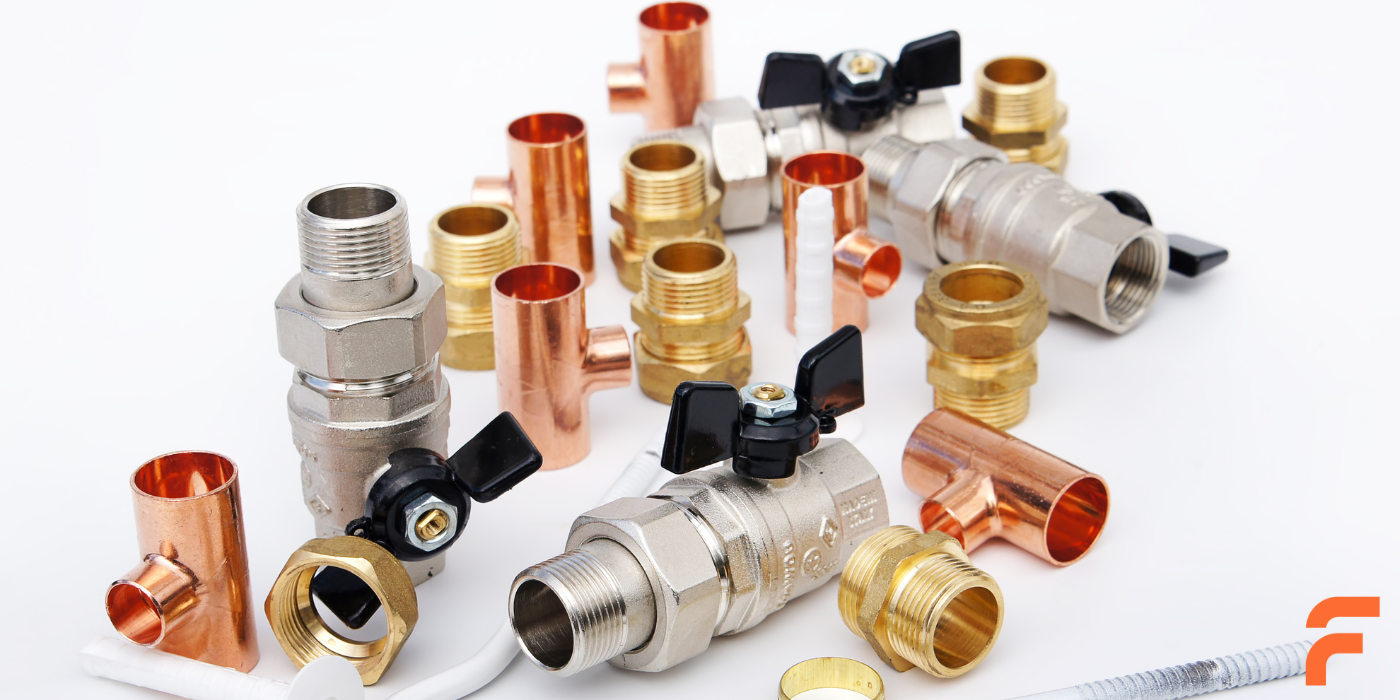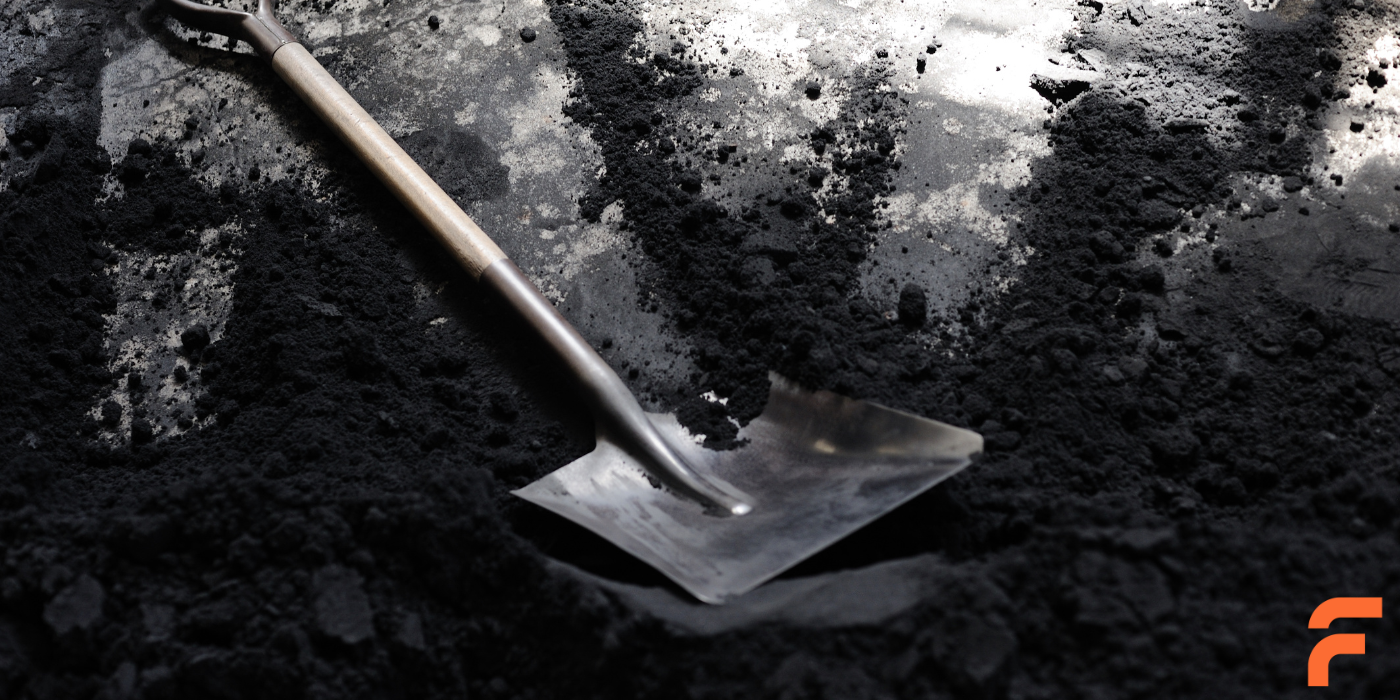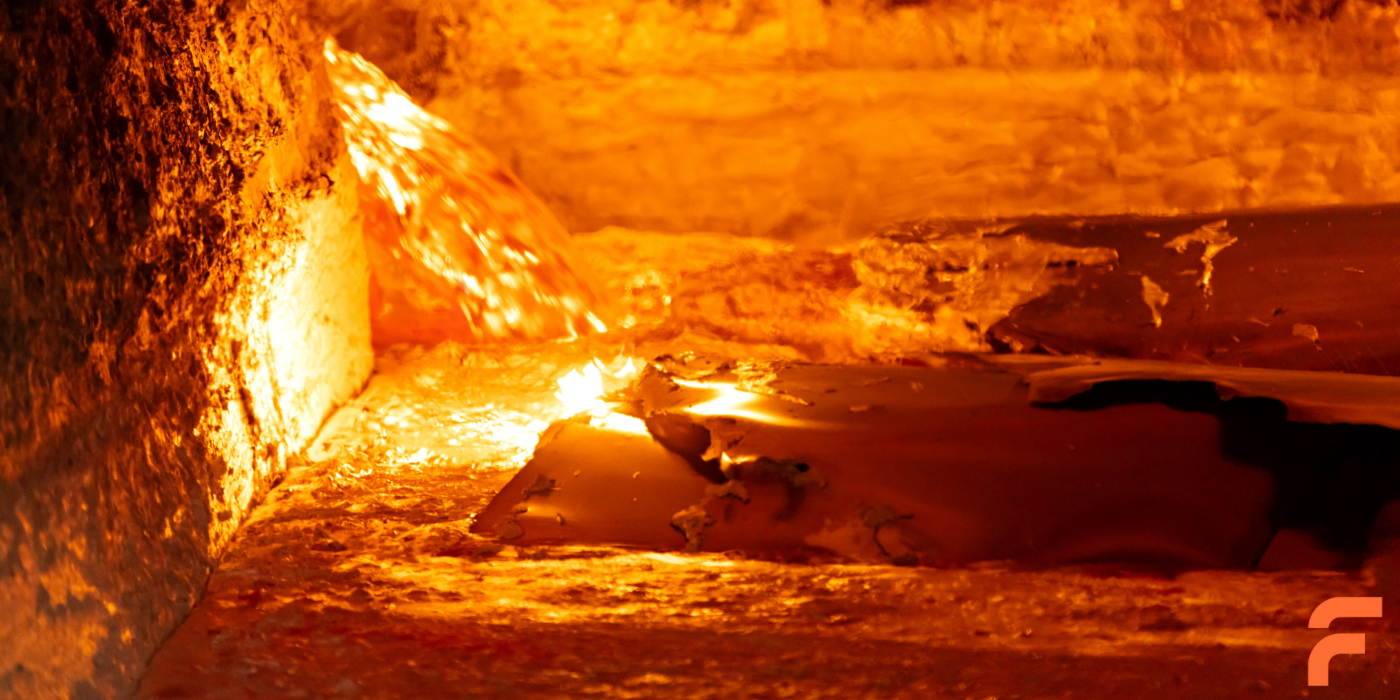The foundry industry relies heavily on various essential alloys to produce a wide range of metal castings, each suited to different applications based on their unique properties.
Here are the common alloys in the Foundry Industry and their properties and applications
-
Gray Iron
Gray iron is one of the most versatile and widely used materials in the foundry industry. It contains a high carbon content, typically between 2.1% and 4%, along with 1% to 3% silicon. Gray iron’s high carbon content gives it excellent castability and machinability, making it ideal for producing components such as engine blocks, machinery parts, and automotive components. Its graphitic microstructure imparts a grey appearance and contributes to its excellent vibration-damping properties and wear resistance.
-
Ductile Iron
Ductile iron, also known as nodular iron or spheroidal graphite iron, has a similar composition to grey iron but with added nodulizing elements like magnesium. These elements modify the graphite structure into spherical shapes, enhancing the material’s ductility and impact resistance. Ductile iron is commonly used for manufacturing pressure pipes, automotive components, and agricultural machinery due to its high strength and toughness.
-
Stainless Steel
Stainless steel castings are known for their excellent corrosion resistance, primarily due to a minimum chromium content of 10.5%. These alloys can be classified as either corrosion-resistant or heat-resistant, depending on their application. Stainless steel is used in environments where corrosion resistance is critical, such as in chemical processing, food production, and marine applications. Heat-resistant grades are utilized in high-temperature environments such as furnaces and heat exchangers.
-
Cast Steel
Cast steel encompasses a range of carbon and alloy steels with a carbon content of less than 2%. This material offers excellent strength, toughness, and flexibility, making it suitable for heavy-duty applications. Cast steel’s isotropic properties allow for the production of components with high structural integrity and the ability to withstand dynamic loads. It is widely used in industries such as construction, mining, and machinery manufacturing.
-
Aluminium Alloys
Aluminium alloys are prized for their lightweight and high strength-to-weight ratio. These alloys are commonly used in the automotive, aerospace, and consumer electronics industries. Aluminium castings offer excellent corrosion resistance and thermal conductivity, making them suitable for engine components, housings, and heat sinks. Common aluminium alloys used in casting include A356 and 319, which provide good mechanical properties and castability.
Conclusion
The selection of the appropriate alloy in the foundry industry is crucial for meeting specific application requirements. Each alloy offers distinct advantages, from the excellent castability and machinability of grey iron to the high strength and corrosion resistance of stainless steel. By understanding the properties and uses of these common alloys, foundry professionals can make informed decisions to produce high-quality castings tailored to their clients’ needs.





